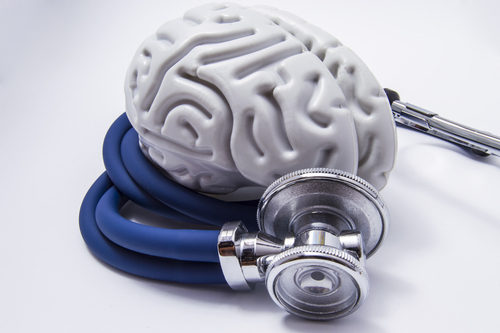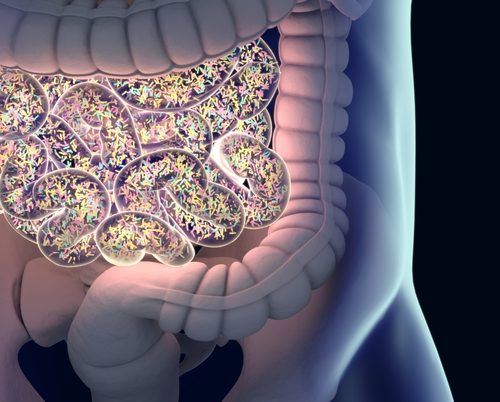This post was originally published on this site AXON Neuroscience’s investigational AADvac1 vaccine against tau protein, a hallmark of Alzheimer’s disease, was found safe and effective at lessening signs of neurodegeneration in patients with mild Alzheimer’s, according to the results of a Phase 2 trial. Among younger study participants, the vaccine also seemed to improve…
Category: Alzheimer’s
Bryostatin-1 Fails to Ease Dementia in Moderate-to-Severe Alzheimer’s Patients in Phase 2 Trial
This post was originally published on this site An investigational Alzheimer’s treatment called bryostatin-1 failed to meet its primary goal — lesser evidence of dementia in people with more severe disease — in a Phase 2 clinical trial, Neurotrope, the company developing the therapy, announced in a press release. Bryostatin-1 is a molecule that activates…
FTC Warns Companies Against Unsubstantiated Advertising of CBD Products for Fibromyalgia
This post was originally published on this site The U.S. Federal Trade Commission (FTC) sent warning letters to three companies that sell cannabis-based products containing cannabidiol (CBD), cautioning them that making unsubstantiated claims about the health benefits of CBD could lead to legal action. The agency “urges the companies to review all claims made for…
PTI-125 Reduces Neurodegeneration After 28 Days of Treatment, Data Show
This post was originally published on this site PTI-125, Cassava Sciences’ lead therapeutic candidate for the treatment of Alzheimer’s disease, significantly reduced the levels of disease biomarkers, brain inflammation, and neurodegeneration after 28 days of treatment, top-line data from a Phase 2 trial show. “Based on these encouraging biomarker results, this new treatment could be…
Taking a Look at the Cognitive Assessment Disconnect
This post was originally published on this site In the time that it takes to read the first few paragraphs of this column, someone in the United States will develop Alzheimer’s disease. One person in the U.S. develops the illness every 65 seconds, according to a 2019 report. The Alzheimer’s Association indicates that just over…
ADvance II Study Testing Deep Brain Stimulation in Mild Alzheimer’s Started, Enrollment Ongoing
This post was originally published on this site The first patient enrolled in the ADvance II Study has been implanted with a deep brain stimulation (DBS) device to start treatment for mild Alzheimer’s disease. The study will evaluate the safety and effectiveness of stimulating the fornix (DBS-f) — a major inflow and output pathway in…
Diet Directly Affects Gut Bacteria and May Contribute to Alzheimer’s Progression, Pilot Study Suggests
This post was originally published on this site A modified Mediterranean-ketogenic diet can regulate bacteria in the gut that may contribute to the development and progression of cognitive impairment and Alzheimer’s disease, results from a pilot study suggest. Those findings come from a small study by researchers at Wake Forest School of Medicine, which was…
ARPF Set to Host Brain Longevity Therapy Training and Symposium
This post was originally published on this site With the goal of warding off Alzheimer’s disease through integrative medicine, the Alzheimer’s Research and Prevention Foundation (ARPF) will host its third Brain Longevity Therapy Training and Symposium Oct. 24-27 in Scottsdale, Arizona. The Brain Longevity Specialist certification program, which includes yoga training and other techniques, is a…
Caregiver Preparation Is Key to Patient Care During a Catastrophe
This post was originally published on this site At the time of this writing, all eyes are on the Eastern Seaboard of the United States in anticipation of Hurricane Dorian. The state of Florida, all boarded up and awash with storm warnings and watches, braces for Dorian’s arrival as it continues to lash devastating wind…
TREM2 Protein May Slow Memory Impairment in Alzheimer’s, Study Suggests
This post was originally published on this site Higher concentrations of a protein produced exclusively by the brain’s immune cells, called TREM2, may prevent memory decline and lessen brain degeneration in people with Alzheimer’s disease, according to a recent study. The results of the study, “Increased soluble TREM2 in cerebrospinal fluid is associated with reduced…











